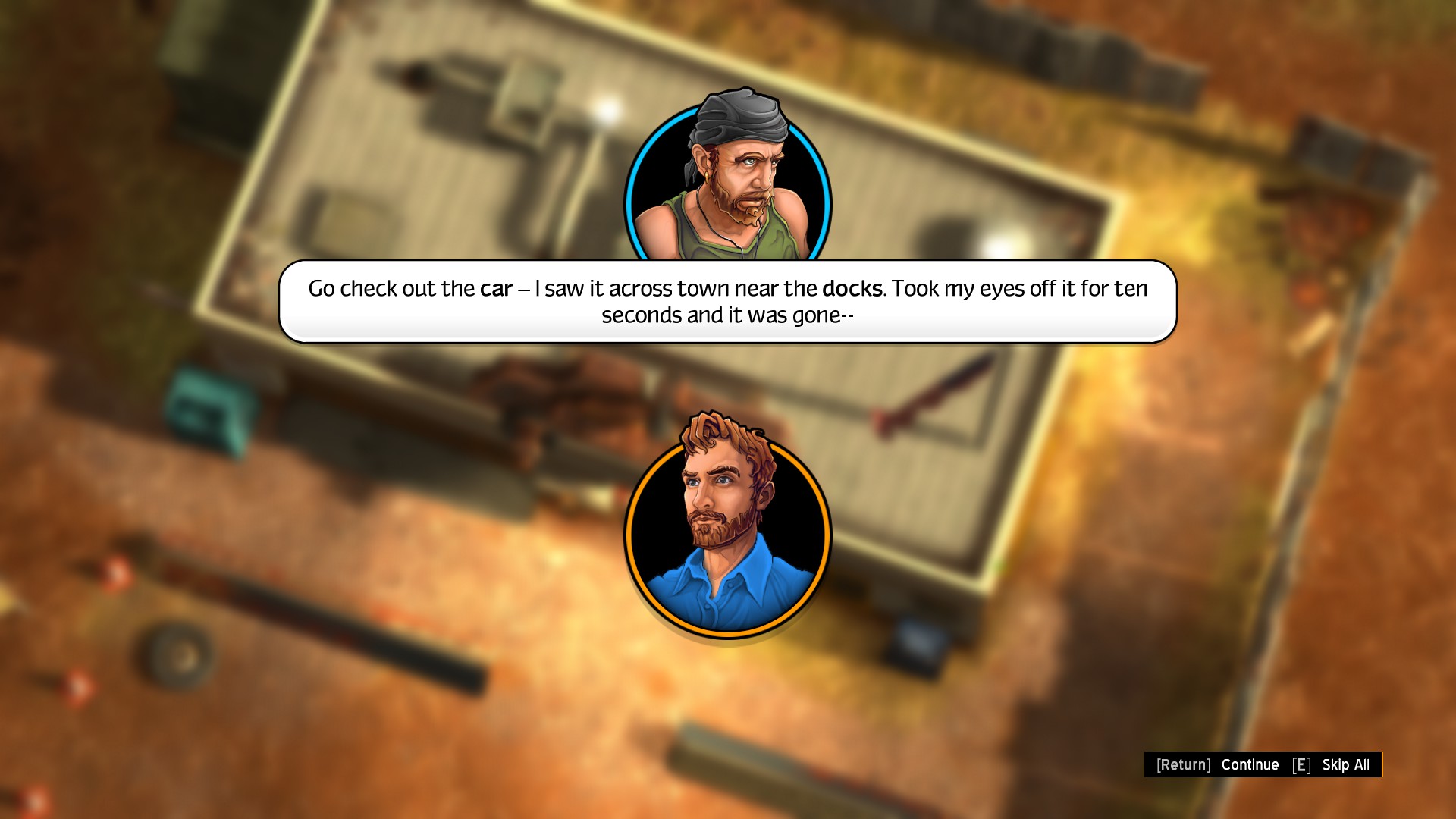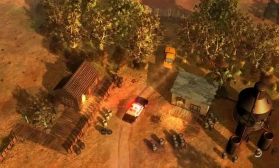Creating a Personalized Deep Game News Strategy
Introduction: The Overwhelming Flood of Gaming Content
The modern gamer is inundated with a relentless torrent of information. From major studio announcements and patch notes to indie developer blogs and esports drama, the volume of game-related news is staggering. Traditional, broad-stroke news consumption—scrolling through generic feeds or visiting high-traffic aggregate sites—often leads to information overload, causing you to miss the nuanced updates you truly care about while wasting time on irrelevant noise. The solution is not to consume more, but to consume smarter. This requires moving beyond passive reading and actively crafting a personalized deep game news strategy. This approach ensures you are precisely informed, deeply engaged, and always ahead of the curve in the areas of gaming that matter most to you.

Deconstructing Your Gaming Identity: The Foundation of Curation
The first and most critical step is introspection. A personalized strategy is built on a clear understanding of your unique "gaming identity." This goes beyond simply listing your favorite games. Ask yourself these questions:
- Genre Proficiency & Passion: Are you a competitive FPS player analyzing meta-shifts, a strategy game aficionado dissecting balance patches, or a narrative-driven RPG fan seeking lore deep dives?
- Platform Loyalty: Do your primary interests lie on PC, specific consoles (PlayStation, Xbox, Nintendo), or mobile? Cross-platform news is common, but platform-specific performance analysis and exclusives are crucial.
- Engagement Level: Are you a industry analyst, a hardcore enthusiast, a casual player, or a budding game developer? Your desired depth of information hinges on this.
Documenting these preferences creates a filter through which all incoming information will be sifted. This self-defined profile is the blueprint for your entire news-gathering architecture.
Architecting Your Information Ecosystem: Tools and Techniques
With your gaming identity defined, you can now construct a multi-layered ecosystem designed to deliver targeted content. Relying on a single source is a recipe for gaps and bias.
Layer 1: The Aggregator Core (Broad but Customizable)
Start with intelligent aggregators. Instead of visiting generic news homepages, leverage tools that you can tailor:
- Custom RSS Feeds: Services like Feedly or Inoreader remain powerful. Subscribe directly to the specific sections of websites you trust, such as "PC Gaming" on IGN or "Indie Spotlight" on Rock Paper Shotgun, bypassing their main feed's clutter.
- Social Media Lists & Filters: On X (formerly Twitter), don't just follow developers and journalists broadly. Create curated lists: one for "MMO News," another for "Game Devs in [Your City]," etc. Use advanced search operators to find historical and real-time conversations about specific topics.
- Reddit Deep Dives: Move beyond r/gaming. Identify and subscribe to niche subreddits (e.g., r/truegaming for critical analysis, r/pcgaming for tech-focused news, r/patientgamers for retrospective content, and specific game subreddits for dedicated community updates).
Layer 2: The Direct Tap (Going to the Source)
To get news unfiltered by media interpretation, go directly to the creators:
- Developer Blogs & Websites: Bookmark the official blogs of studios you admire. This is where you'll find technical deep dives, detailed patch explanations, and authentic developer insights.
- Official Discord Servers and Forums: For live-service games, official Discord channels are often the first place for community managers to post updates, patch notes, and engage in Q&A. This is raw, immediate information.
- Newsletter Subscriptions: Many journalists and content creators offer newsletters that provide a curated summary of the week's most important news, often with their expert commentary. This adds a layer of analysis to your direct feeds.
Layer 3: The Deep Analysis (Context and Expertise)
News is not just about what happened, but why it matters. Integrate sources that provide context:
- Long-form Video Essays: Platforms like YouTube host experts who create detailed videos analyzing game design, industry trends, and the implications of news events. Channels like Game Maker's Toolkit, Noah Caldwell-Gervais, and Writing on Games offer profound insights.
- Specialized Podcasts: Find podcasts focused on your specific niches. Whether it's a podcast dedicated to retro gaming, business analysis of the industry (e.g., The Xbox Two Podcast), or interviews with narrative designers, audio content is perfect for deep immersion during commutes or downtime.
Implementing the Strategy: A Practical Workflow
Building this ecosystem is only effective if maintained with an efficient workflow.
- Dedicate Time, Don't Be Always-On: Designate specific, short periods for news consumption (e.g., 20 minutes in the morning, 30 minutes after work). Constant checking fragments focus and increases anxiety.
- Triage and Prioritize: Skim your aggregator core (RSS, social lists) first to catch breaking news and headlines. Use the "save for later" function liberally.
- Schedule Deep Dives: Allocate longer, separate sessions (e.g., a Saturday afternoon) to enjoy the content you saved: watching that hour-long video essay, reading the in-depth blog post, or listening to a podcast.
- Prune Ruthlessly: Every month, audit your sources. Is a subscribed subreddit mostly generating memes instead of news? Unsubscribe. Is a YouTube channel's quality declining? Stop watching. Your attention is the most valuable resource; protect it fiercely.
Conclusion: From Passive Consumer to Informed Participant
A personalized deep game news strategy transforms you from a passive consumer of content into an active, informed participant in gaming culture. It replaces anxiety and FOMO (Fear Of Missing Out) with confidence and clarity. By taking the time to deconstruct your interests, architect a multi-source ecosystem, and implement a disciplined consumption workflow, you empower yourself with knowledge. You're no longer just reading the news; you're engaging with the hobby you love on a deeper, more meaningful level, equipped with the precise information needed to enhance your play, inform your purchases, and contribute meaningfully to conversations. In the digital age, a tailored information diet is not a luxury—it is a necessity for any serious gamer.














